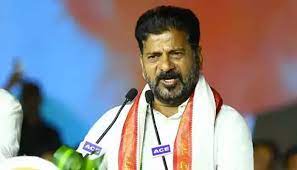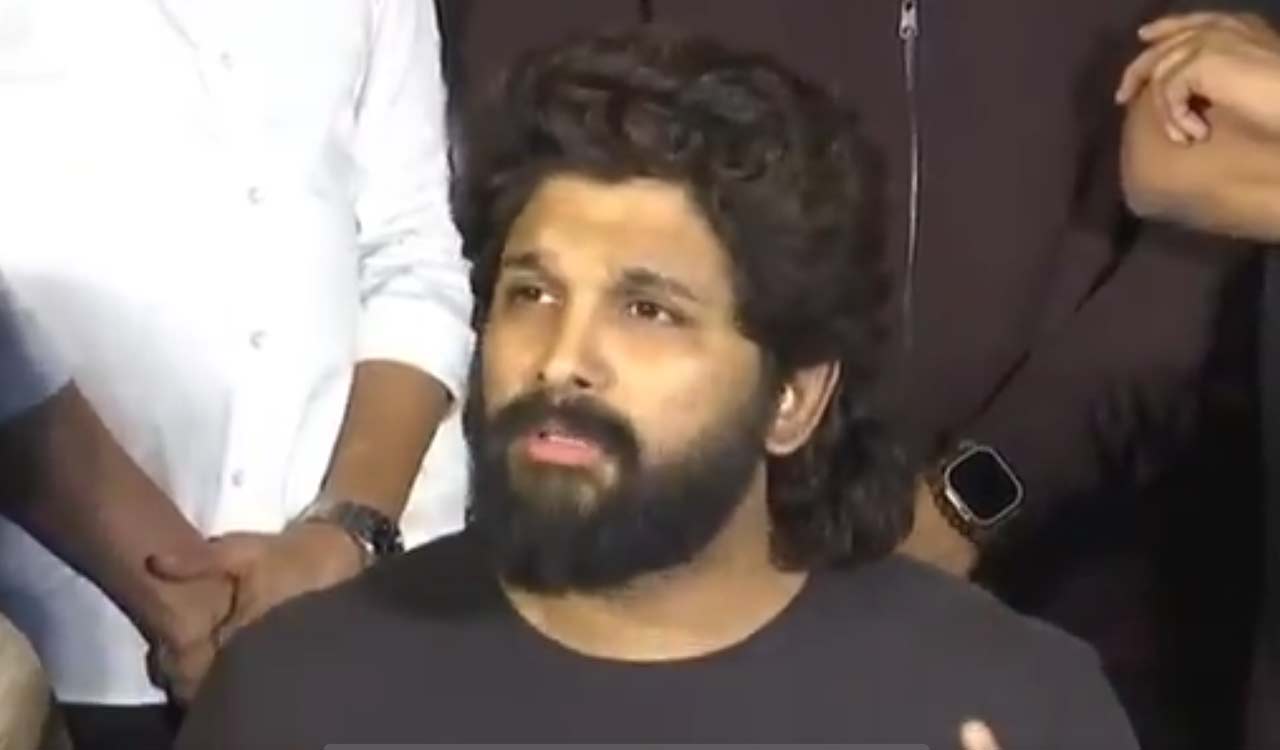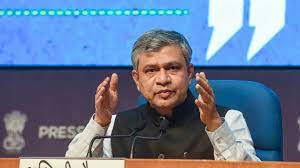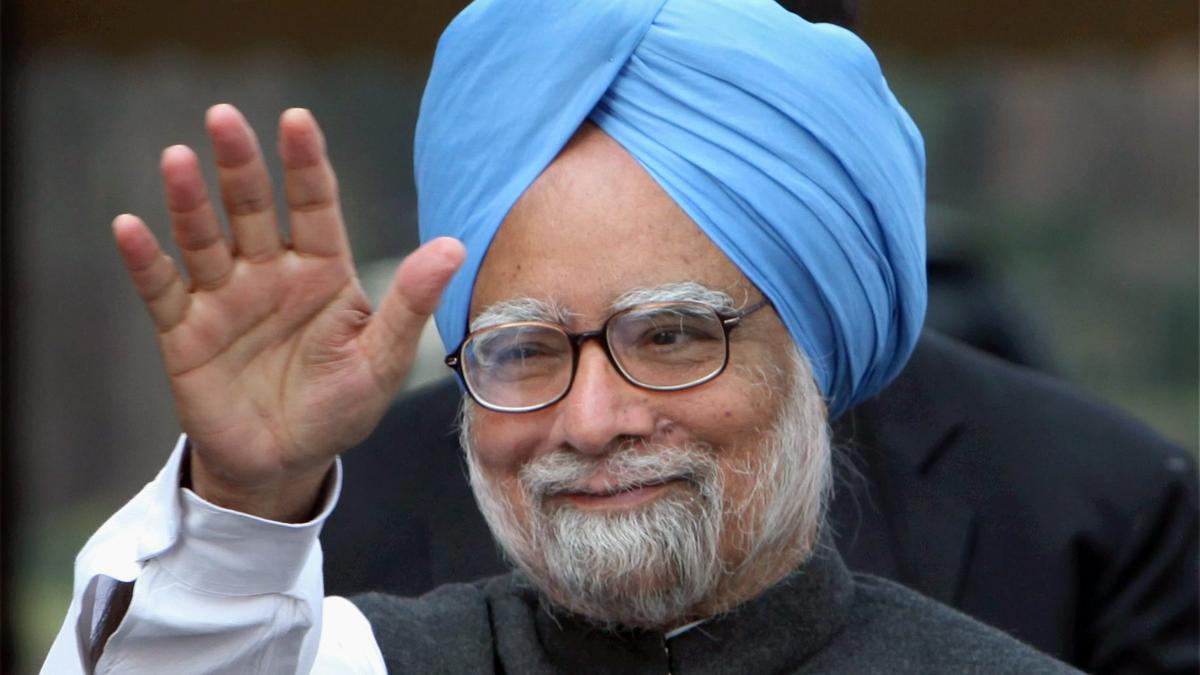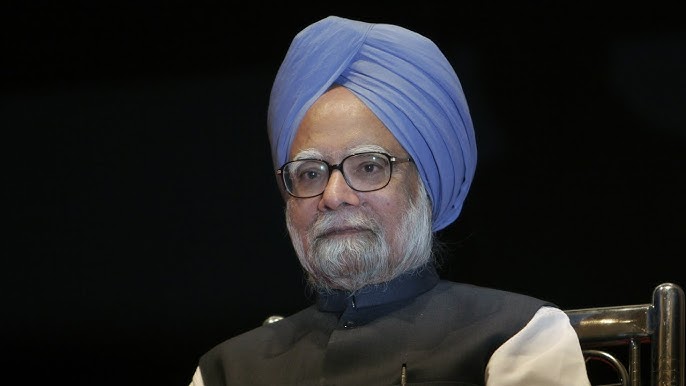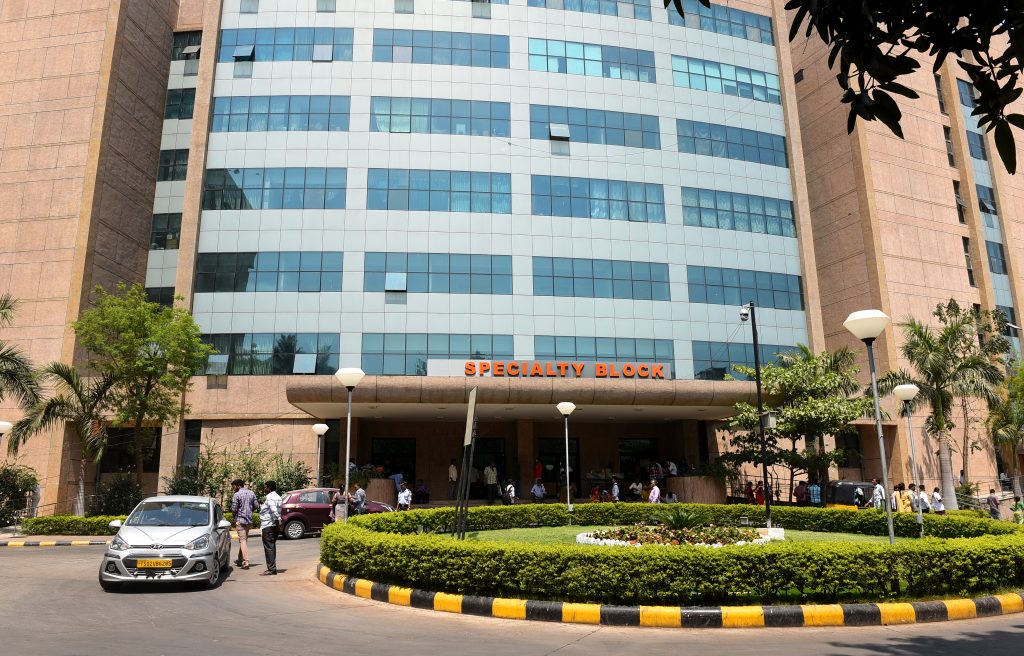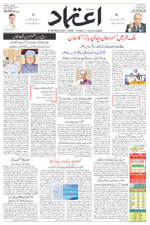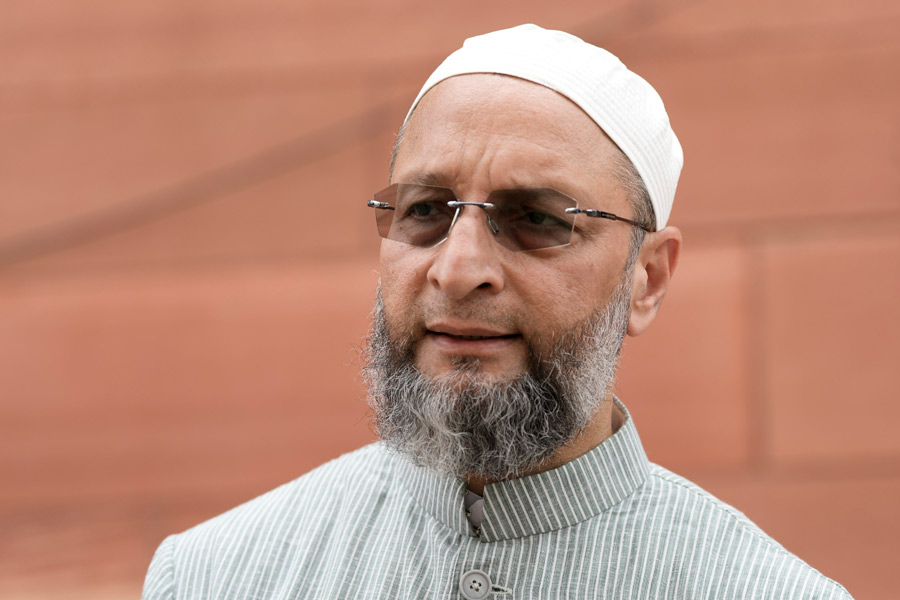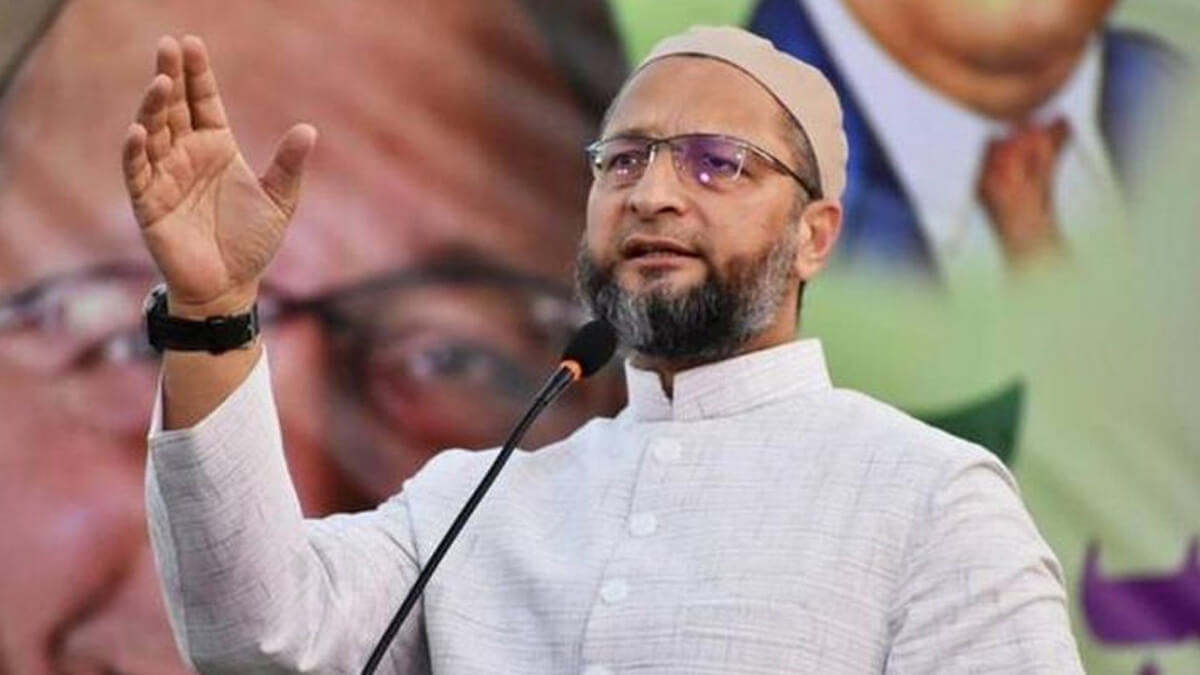Saudi Arabia has no intention of 1973 oil embargo repeat: Saudi energy minister
Mon 22 Oct 2018, 16:53:00
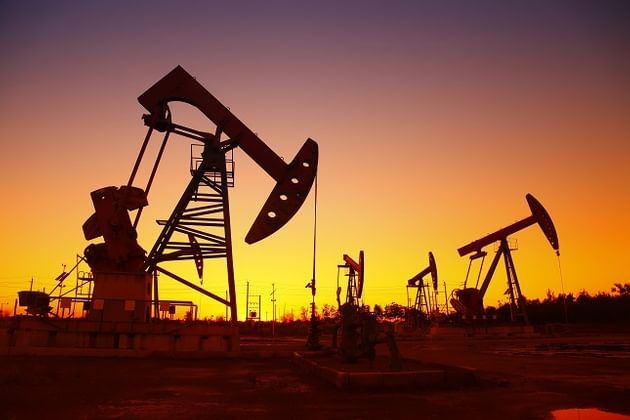
Saudi Arabia has no intention of unleashing a 1973-style oil embargo on Western consumers and will isolate oil from politics, the Saudi energy minister said on Monday amid a crisis over the death of Saudi journalist Jamal Khashoggi.
"There is no intention," Khalid Al Falih told Russia's TASS news agency when asked whether there could be a repeat of the oil embargo.
"This incident will pass. But Saudi Arabia is a very responsible country, for decades we used our oil policy as a responsible economic tool and isolated it from politics," Falih said.
"My role as the energy minister is to implement my government's constructive and responsible role and stabilizing the world's energy markets accordingly, contributing to global economic development," Falih said.
He said that if oil prices went up, it would slow the global economy and trigger a recession.
In a column published last week, Saudi-owned Al Arabiya channel's general manager Turki Aldakhil warned that imposing sanctions on Riyadh could spark global economic disaster as oil could jump to $200 per barrel.
"If oil prices will go too high, it will slow down the world economy and would trigger a global recession. And Saudi Arabia has been consistent in its policy. We work to stabilize global markets and facilitate global economic growth. That
policy has been consistent for many years," Falih said.
policy has been consistent for many years," Falih said.
No guarantee
Falih said that with sanctions on Iran coming into full force next month, there was no guarantee oil prices would refrain from going higher.
"I cannot give you a guarantee, because I cannot predict what will happen to other suppliers," Falih said, when asked whether the world can avoid oil hitting $100 per barrel again.
"We have sanctions on Iran, and nobody has a clue what Iranians' exports will be. Secondly, there are potential declines in different countries like Libya, Nigeria, Mexico and Venezuela," he said.
"If 3 million barrels per day disappears, we cannot cover this volume. So we have to use oil reserves," he said.
Falih said Saudi Arabia would soon raise output to 11 million barrels per day (bpd) from the current 10.7 million. He added that Riyadh had capacity to increase output to 12 million bpd.
"We have relatively limited spare capacities and we are using a significant part of them," he said.
Global supply next year could be helped by Brazil, Kazakhstan and the US, he added.
"But if you have other countries to decline in addition to the full application of Iran sanctions, then we will be pulling all spare capacities," Falih said.
No Comments For This Post, Be first to write a Comment.
Most viewed from International
Most viewed from World
AIMIM News
Owaisi hails SC order on Places of Worship Act
Dec 13, 2024
AAP Corporator Tahir Hussain joins AIMIM party
Dec 11, 2024
BJP-SP two sides of same coin: Asaduddin Owaisi
Nov 19, 2024
Latest Urdu News
Most Viewed
May 26, 2020
Do you think AAP will perform better in Delhi polls without alliance?
Latest Videos View All
Like Us
Home
About Us
Advertise With Us
All Polls
Epaper Archives
Privacy Policy
Contact Us
Download Etemaad App
© 2024 Etemaad Daily News, All Rights Reserved.


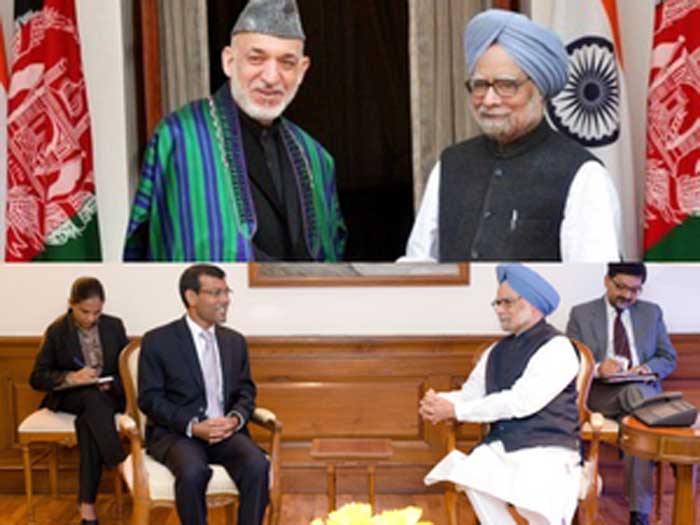
.jpg)
.jpg)
.jpg)
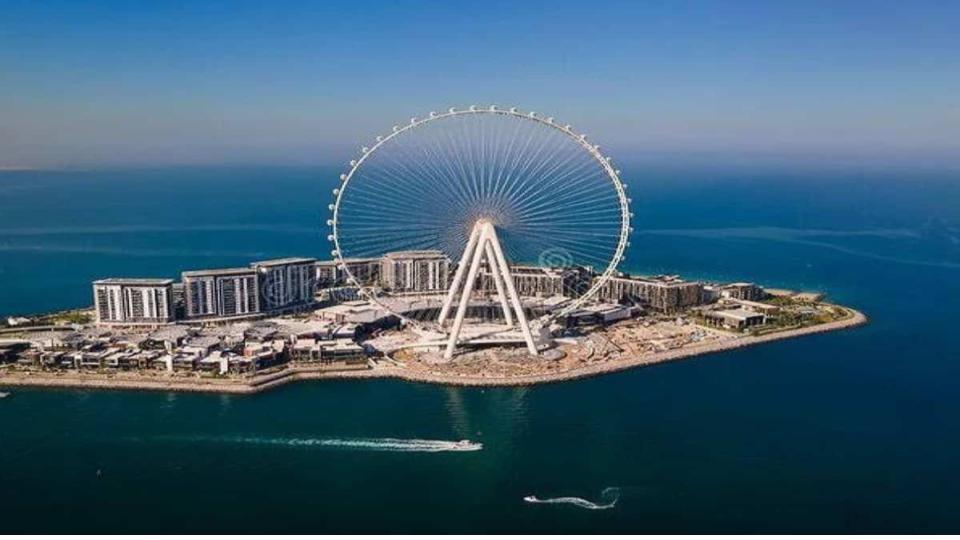
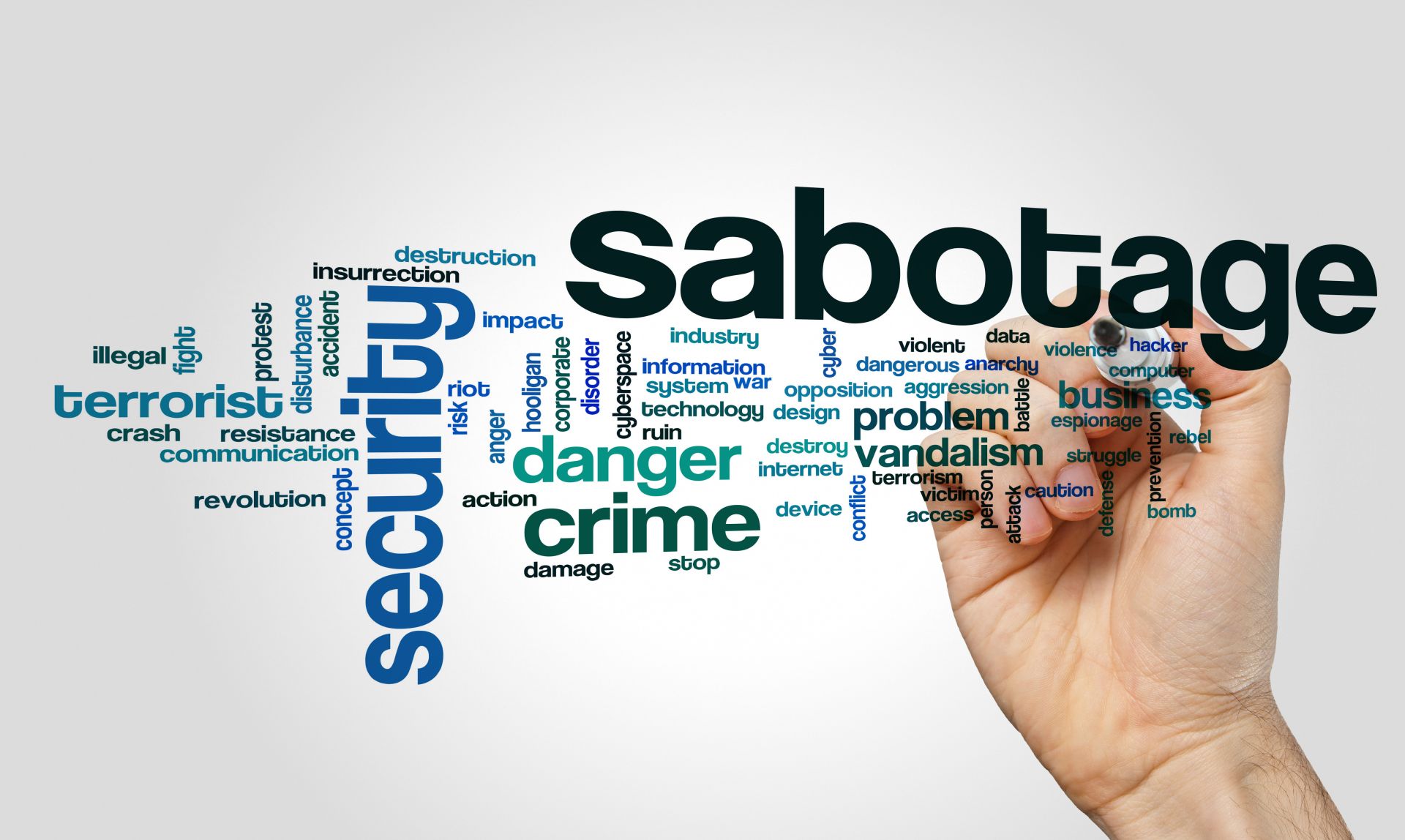

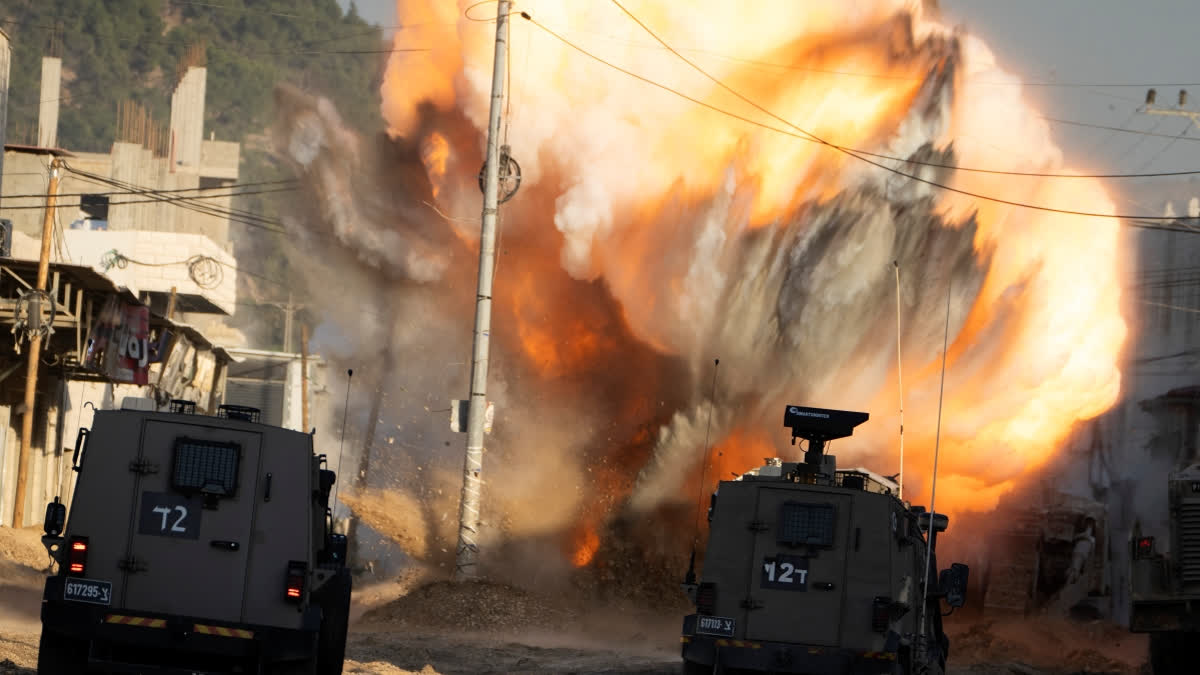
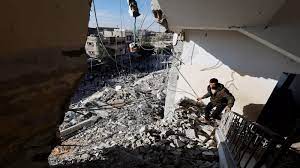
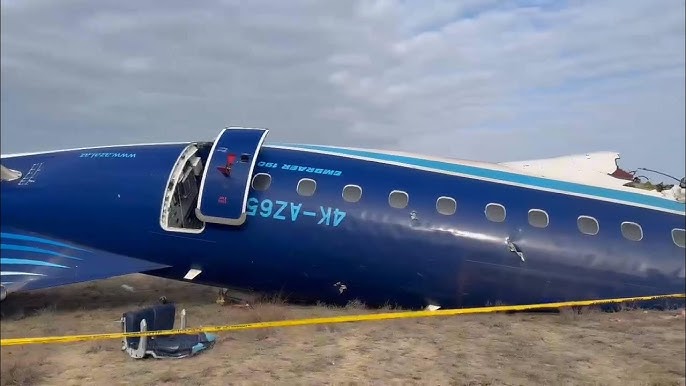
.jpg)
